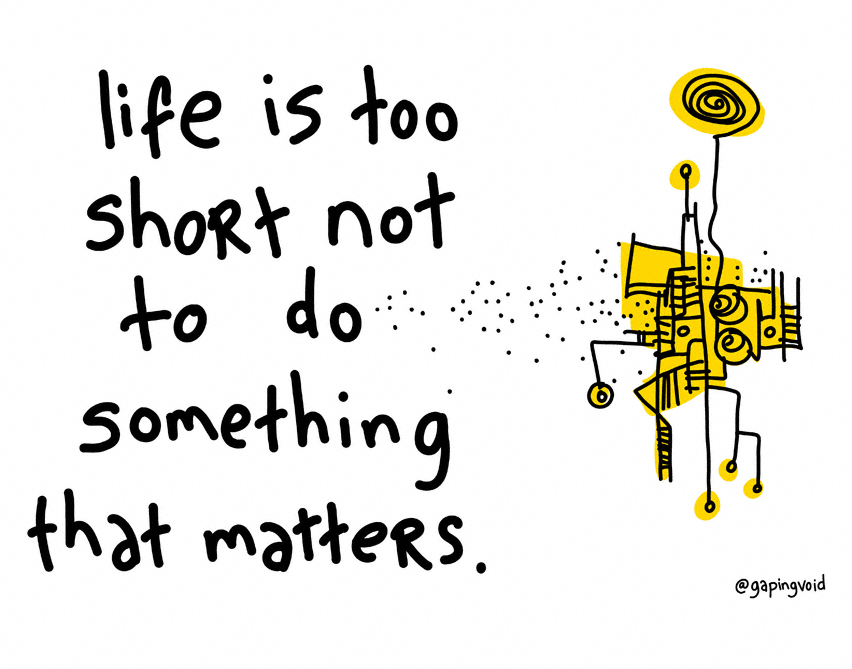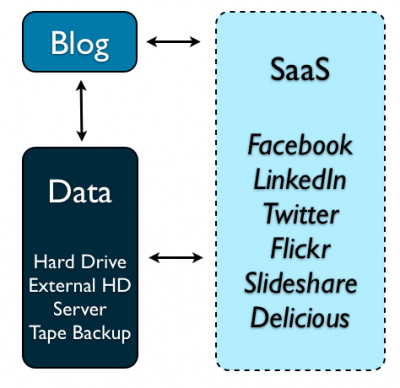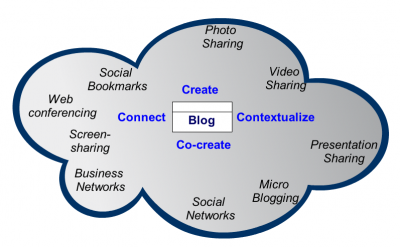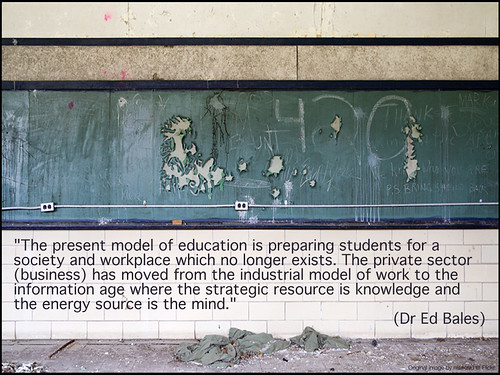Coming up with a manifesto to underpin my work
I don’t talk about my limited company very often on this blog. That’s mainly because when people pay me to do some consultancy for them, they want me to do the work. Dynamic Skillset Ltd. is just who their finance department pays, and the name of an organisation that occasionally appears on my slide decks.
While things are going well and I’m perfectly happy with current arrangements, it’s time for me to belatedly write a mission and manifesto for Dynamic Skillset. That’s for a couple of reasons.
- It’s just a good thing to do: it means I’ll know with confidence what I should say ‘yes’ to, and what I should probably decline.
- Writing a mission statement is something I advise all organisations to do if they haven’t already got one — so it’s a bit disingenuous for my own not to have one!
It was working at Mozilla that convinced me of the power of the organisational mission and manifesto. The idea is that everyone’s work is tied to the mission, and both new and current work can be tested against the Mozilla manifesto. In fact, the work I led there around the Web Literacy Map is actually linked to from the manifesto itself. I can remember being in meetings where someone would come up with an idea, only for it to be shot down with the (quite legitimate) response, “how is this moving forward the open web?”
So, missions and manifestos are extremely powerful. The mission ensures that you’re laser-focused on what the organisation was set up to do. For charities and non-profits, this is likely to be about making the world better in some way. You can see some examples here. For publicly-traded companies, it’s providing a financial return for shareholders. The mission is the ‘why’ of your organisation.
The reason you need a mission and a manifesto is because there are many ways to arrive at the same destination. The guiding principles of how you go about achieving your mission is what your manifesto is for. It needs to be specific enough to allow you to choose one course of action over another, but not so specific that you need to update the manifesto too regularly. There has to be some, what I would call, ‘productive ambiguity’ in there.
A manifesto is a published verbal declaration of the intentions, motives, or views of the issuer, be it an individual, group, political party or government. A manifesto usually accepts a previously published opinion or public consensus and/or promotes a new idea with prescriptive notions for carrying out changes the author believes should be made. It often is political or artistic in nature, but may present an individual’s life stance. (Wikipedia)
In early 2017, I changed the strapline at dynamicskillset.com to read ‘helping people and organisations become more productive in their use of technology’. I’m happy with that. It seems like a decent enough mission. What I need to do now is come up with a manifesto. Note that I’m not plucking this out of thin air — I do think about this stuff, but just haven’t written it down before now!
Given that it might take a few iterations to get this right, please note that what follows may not be up-to-date if you visit this page after February 2017.
- Share openly — The open sharing of ideas and resources contributes to the development of a more progressive and inclusive society.
- Teach digital skills and literacies — No individual is born knowing how to use digital tools. Therefore, the effective use of technology is something that has to be learned.
- Embrace change — Change is in the fundamental nature of things, so adaptation is an important mindset to adopt.
- Trust, but check — Collaboration and teamwork is built upon trust. This, along with many things, cannot be measured using a spreadsheet.
- Encourage diversity in credentialing — People are more than their job history and academic achievements. Alternative credentialing systems can allow for more democratic environments that represent individuals in a more holistic way.
- Evangelise for stronger privacy and security — Privacy and security are related, but different concepts. We should care about privacy for the same reason we put curtains on our windows, and security for the same reason that we put locks on our doors.
- Go open source wherever possible — Open source software, hardware, and governance are ideal states that can encourage stable, inclusive platforms for innovation.
- Respect difference — Most people work best in different ways, at different times, and in different places than the 9-5 office based job.
- Discover what motivates people —Money, and other forms of financial compensation, are less effective than other incentives at encouraging desired behaviours.
- Focus on learning — Education is to learning what management is to leadership.
It’s not perfect by any means, and as soon as I hit publish I’ll probably think of other things and different ways of saying the above. However, after being prompted by the latest issue of Emma Cragg’s newsletter, I thought I’d better get something written…





